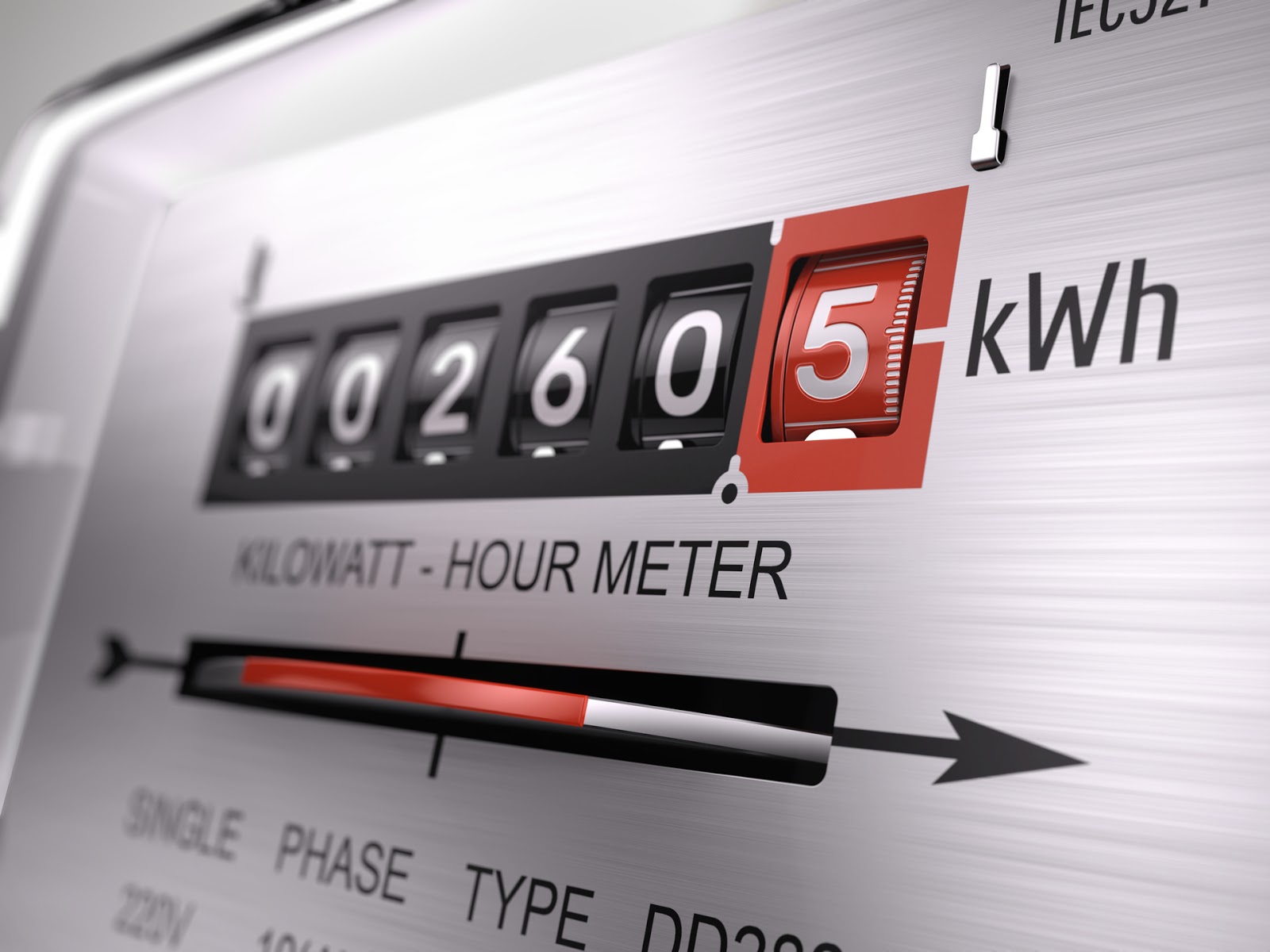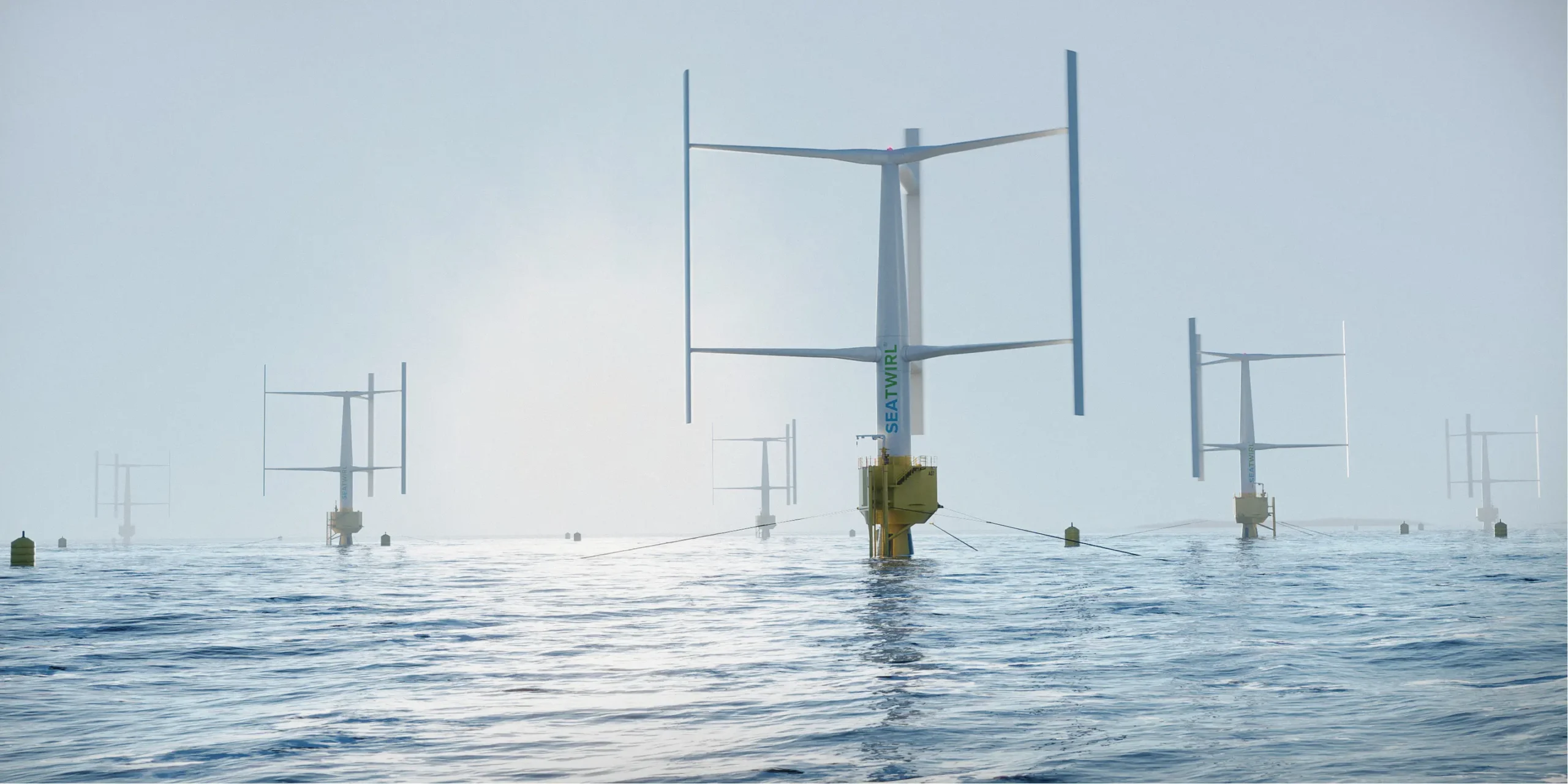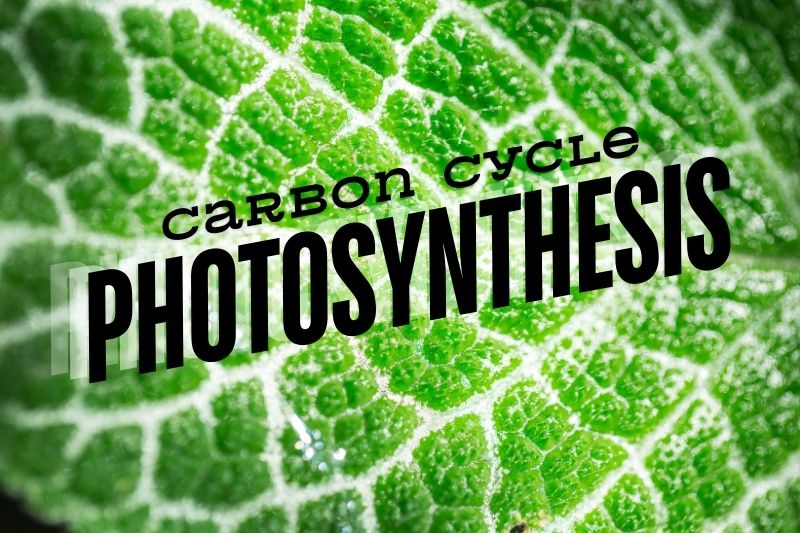Average Electric Bill for One-Bedroom Apartments – What to Expect?
When it comes to living in a one-bedroom apartment, one of the most common concerns for renters is how much their monthly electric bill will be. While the cost of electricity can vary greatly depending on where you live, the size of your apartment, and how you use energy, it’s important to have a realistic … Read more






